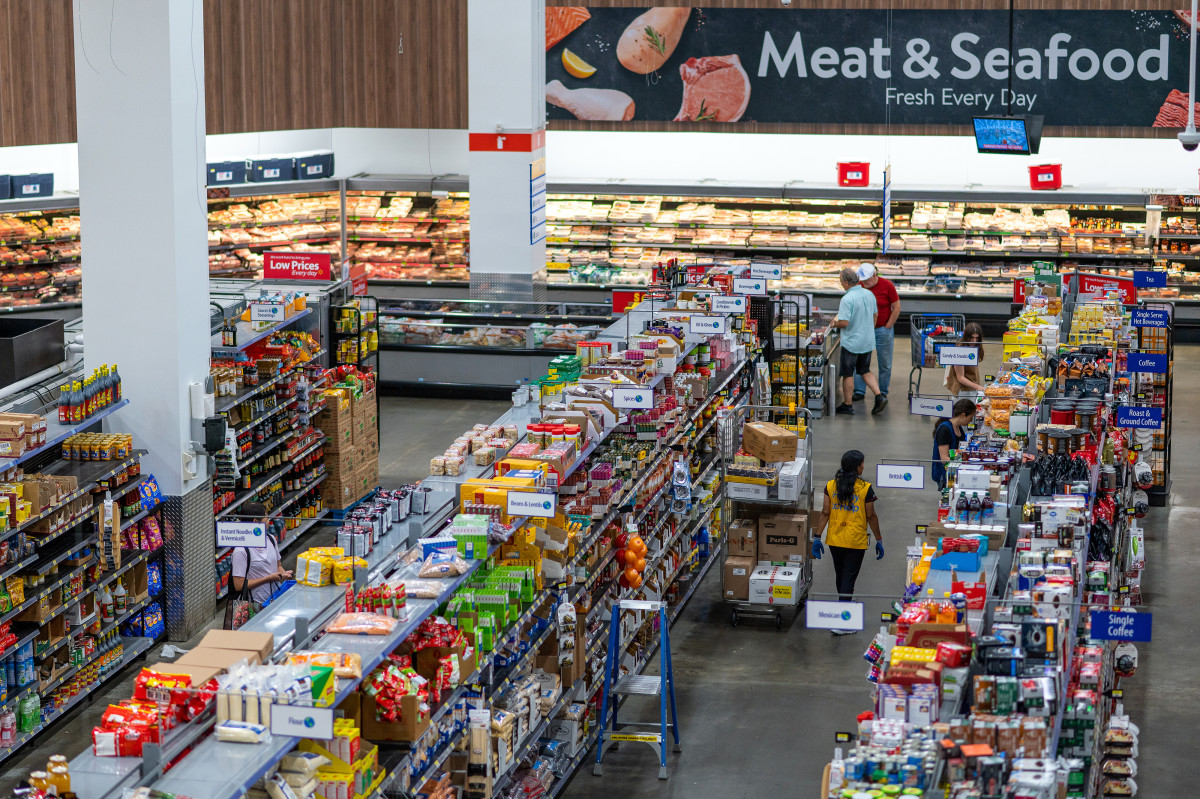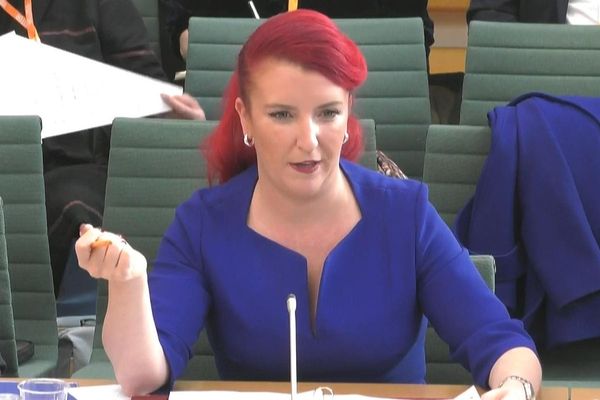
While many retailers struggle to gain ground in an increasingly competitive market, few are thriving.
This is partly to blame thanks to Covid, which forced consolidation of many smaller retail stores as once-busy cities suddenly cordoned off frequently trafficked areas.
Related: Kroger launches trendy new brand Costco doesn't have
Many businesses that were not previously in the strongest possible condition prior to Covid were left vulnerable as the tide receded, and the past two years have now been characterized with an inordinate amount of companies liquidating, filing for bankruptcy protection, and getting delisting warnings.
The fact of the matter is that Covid probably expedited an inevitable phenomenon that was bound to happen eventually. High rents in busy cities or nearly abandoned malls are no longer justifiable, and a lack of incoming revenue has forced retailers to either suddenly shutter or ask for help.
There have been, however, a few winners. Giants like Target (TGT) , Amazon (AMZN) , and Walmart (WMT) are now at the top of their game. All three now have paid membership subscription options, whereby customers pay around $100 (give or take) per year for the privilege of free and fast shipping, savings on purchases, and benefits on participating partners retailers or services.
Walmart may owe customers money
But with so much rapid growth comes occasional oversights or some unhappy customers. Walmart has found itself now embroiled in a settlement nearly five years in the making related to its grocery division, which is officially considered one of the largest grocers in the United States.

According to the settlement, Walmart allegedly charged customers "more than the lowest in-store advertised price" for produce and grocery items. This applies to Walmart retail stores, Super Centers, and Neighborhood Markets in the United States and Puerto Rico.
Some of the items in question include:
Some organic bagged or bulk:
- Oranges
- Grapefruit
- Tangerines
- Navel oranges
And sold-by-weight meat, such as:
- Poultry
- Pork
- Seafood products
If customers can produce a receipt proving they made a purchase of one of the eligible items at a Walmart between Oct. 19, 2018 and Jan. 19, 2024, they may be eligible for up to $500 in compensation. The deadline to submit eligibility is May 22, 2024.
The $500 isn't an arbitrary number. Each claimant is eligible for up to 2% of their total originally purchased eligible goods, though it is subject to change once all the claims have been reviewed.
Walmart, for its part, denies any wrongdoing or nefarious pricing behavior. It says it agreed to the $45 million settlement to avoid going to trial.







